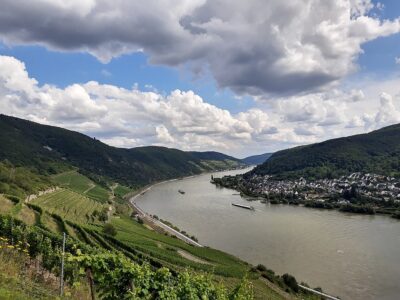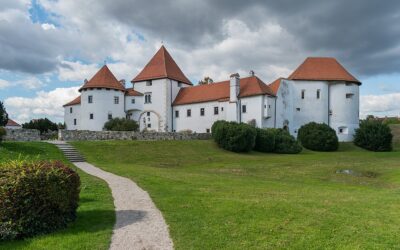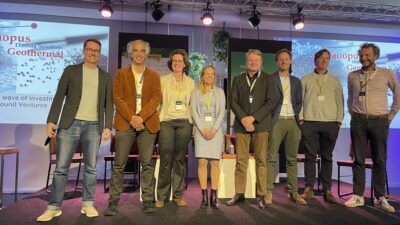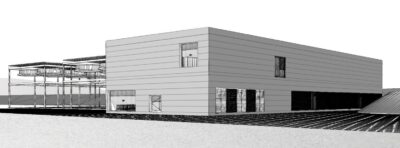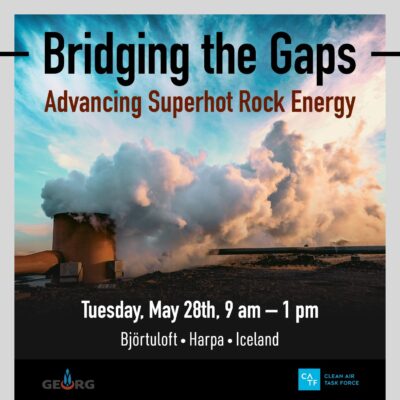Germany aims for 100 new geothermal projects by 2030
The Federal Government of Germany has published a key issues paper outlining strategies to achieve a target of 100 additional geothermal projects by 2030.
Germany’s Federal Ministry of Economics and Climate Protection (BMWK) has published a key issue paper that highlights the strategies for developing medium-depth and deep geothermal projects, although some aspects of near-surface geothermal were also addressed. The paper titled “Cornerstones for a geothermal campaign” can be accessed via this link (in German).
As of February 2022, there are 42 operational deep geothermal energy projects in Germany – 24 in Bavaria, 6 in North Rhine-Westphalia, 3 in Baden-Württemberg, 3 in Mecklenburg-Western Pomerania, 3 in Rhineland Palatinate, 2 in Brandenburg and 1 in Hesse. These account for 343 MWth capacity. There are 4 other projects under construction and 4 classified as research projects.
The key issues paper sets a strategy for targeting 10 TWh of geothermal output from medium-depth and deep resources by 2030. This effectively increases the current feed-in to heating grid from geothermal by tenfold. Thus, the Government aims to add at least 100 additional geothermal projects by 2030, connect them to heating networks, and make geothermal energy usable in residential buildings, neighborhoods, and industrial processes.
The paper identifies eight measures to achieve these objectives:
- Exchange with stakeholders – Involve the stakeholders in the process and organize dialogues between associations, companies in the sector, and federal states.
- Data campaign – Launch a nationwide database within the next 2 years containing accessible and processed information on local geothermal potential. This will be done with the Federal Institute for Geosciences and Natural Resources (BGR) and the Leibniz Institute for Applied Geophysics (LIAG).
- Exploration campaign – Investigate at least 100 sites with expected good geothermal potential and usable infrastructure, ideally on existing or brownfield sites. The target is to start investigating the first promising areas as early as 2023.
- Acceleration of approval procedures – Create legislative changes that will contribute to the acceleration of planning and approval procedures for geothermal energy projects and monitor their implementation status. The relevant ministries have already set up a steering group at state secretary level to address this matter. Dialogues with federal states and state geological services will also be done.
- Support programmes – Implement targeted support programmes that will prepare the market and make geothermal projects more economically competitive. These include the federal funding for efficient heating networks that can cover up to 40% of investment costs of geothermal heating projects.
- Risk mitigation – Examine the extent to which risk hedging instruments can be used to reduce the reduce the financial risks for project developers. Discussion are already underway with scientific and financial communities regarding this matter. Item number 2 on data campaigning also aims to reduce the exploration risk.
- Skilled personnel and availability of measuring and drilling equipment – Provide support for retraining, flexibility, and technical training to address the challenges of lack of skilled workers in the well construction and drilling sector and the heating and air-conditioning trade.
- Acceptance – Promote information campaigns by company owners and municipalities to create regional acceptance of geothermal and address prejudices against drilling projects. The focus will be on regions that are particularly suitable for exploration.
The German Geothermal Association (BVG) believes that the paper is “a correct step towards a climate-friendly and reliable heat supply and an important signal for the industry,” according to BVG President Helge-Uve Braun. However, Braun also warns that the potential of near-surface geothermal energy must not be neglected because a successful heat transition will only be possible if all geothermal potential is exhausted.”
The BVG had previously joined an alliance of energy associations in Germany to call for policies that will enable the rapid and increased expansion of deep geothermal energy.
Source: BMWK and Bundesverband Geothermie







